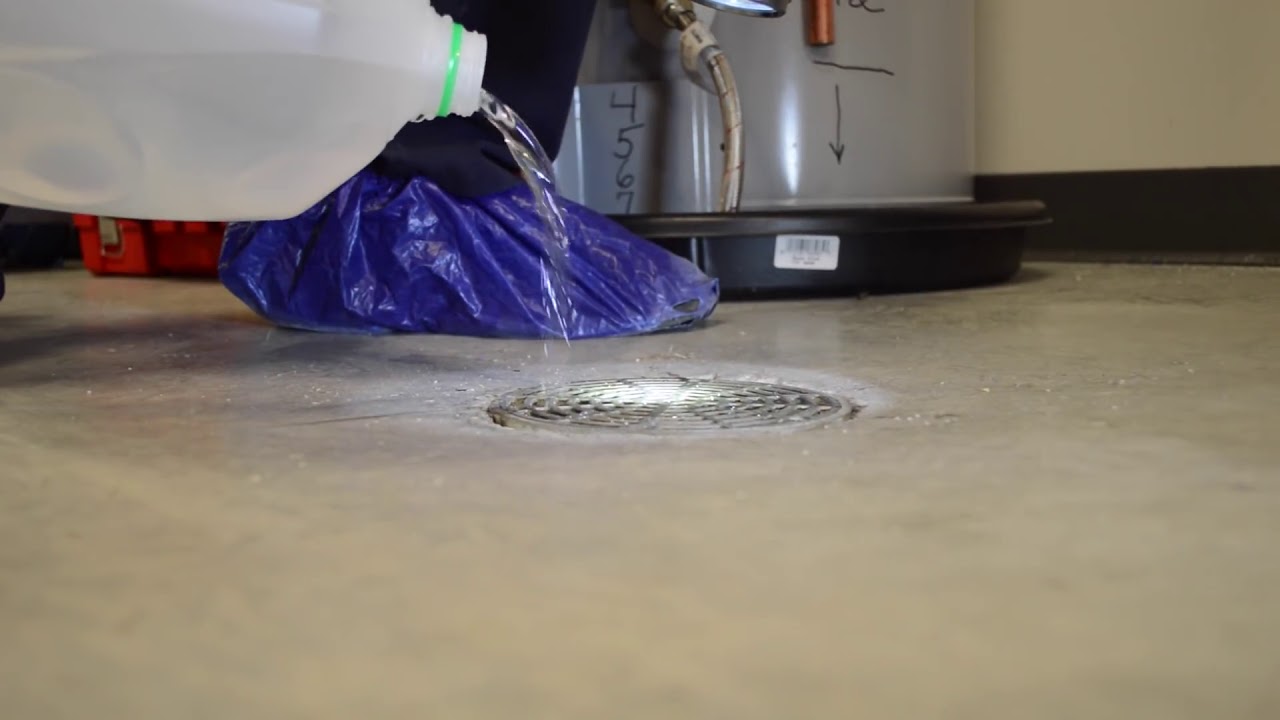

Articles
How To Clean Floor Drain In Basement
Modified: February 28, 2024
Learn how to clean the floor drain in your basement with these helpful articles. Prevent blockages and maintain optimal drainage for a healthier home.
(Many of the links in this article redirect to a specific reviewed product. Your purchase of these products through affiliate links helps to generate commission for Storables.com, at no extra cost. Learn more)
Introduction
A clean floor drain in the basement is an essential component of maintaining a healthy and functional home. While it may seem like a small and often overlooked part of your overall plumbing system, a clogged or dirty floor drain can lead to significant issues if left unaddressed.
The primary purpose of a floor drain in the basement is to prevent water from accumulating and causing damage. It serves as an outlet for excess water, whether it’s from a leaking pipe, a flood, or simply everyday moisture. By allowing water to drain away, a floor drain helps keep your basement dry and reduces the risk of mold growth, water damage, and the associated health hazards.
However, when a floor drain becomes clogged or dirty, it can no longer fulfill its intended function. Debris, dirt, and other contaminants can accumulate in the drain, obstructing the flow of water. As a result, water can back up, leading to pooling and potential flooding in your basement.
In addition to water damage, a clogged or dirty floor drain can cause other issues as well. Foul odors can emanate from the drain, permeating your basement and adjoining living spaces. This can create an unpleasant and unsanitary environment. The stagnant water in the drain can also become a breeding ground for bacteria, viruses, and other pathogens, posing a risk to your health and the well-being of your family.
Furthermore, a clogged floor drain can have implications beyond your basement. If the drain is connected to your main sewage system, a blockage can impact the entire plumbing network, leading to sewage backups and costly repairs.
Considering these potential issues, it is crucial to prioritize the cleanliness and maintenance of your basement floor drain. Regular cleaning and inspection will help ensure its proper functioning and prevent any avoidable problems from arising.
Key Takeaways:
- Regularly cleaning and maintaining your basement floor drain is essential to prevent water damage, foul odors, and health hazards. Basic methods, homemade solutions, and professional inspections can ensure optimal functionality.
- By incorporating regular cleaning, basic unclogging methods, and preventative maintenance, you can maintain a clean and functional basement floor drain. This protects against water damage, foul odors, and potential health hazards.
Read more: How To Clean Concrete Basement Floors
Tools and Materials Needed
When it comes to cleaning the floor drain in your basement, having the right tools and materials will make the task much easier and more efficient. Here is a list of essential items you will need:
- A pair of rubber gloves: These will protect your hands from any bacteria or debris you may encounter while cleaning.
- A bucket or basin: This will be used to collect any water or residue from the drain.
- A plunger: A plunger can be used to clear minor clogs and restore proper water flow.
- A drain snake or auger: This tool is handy for dislodging stubborn clogs that cannot be cleared with a plunger.
- A stiff-bristle brush: Use a brush to scrub away dirt and grime from the drain cover and surrounding areas.
- A wet/dry vacuum cleaner: This can be used to remove water and debris from the drain in case of a flood or excessive pooling.
- Hot water: Boiling water can be an effective and natural way to flush out any built-up residue.
- Baking soda and vinegar: These household ingredients can be combined to create a homemade solution that helps break down grease and remove odors.
- A cleaning solution or enzymatic drain cleaner: These commercial products can be used for deep cleaning and eliminating tough buildup and odors.
- A screwdriver or wrench: You may need one of these tools to remove the drain cover for easier access to the drain.
Make sure to gather all the necessary tools and materials before you begin cleaning your floor drain. This way, you will be well-prepared to tackle any clogs, dirt, or odor issues that you encounter.
Precautions and Safety Measures
While cleaning the floor drain in your basement, it’s important to take certain precautions and follow safety measures to protect yourself and prevent any accidents. Here are some guidelines to keep in mind:
- Wear protective gear: Before beginning the cleaning process, make sure to wear rubber gloves and safety goggles to protect your hands and eyes from any hazardous substances or splashing water.
- Ensure proper ventilation: Make sure the area is well-ventilated by opening windows or using fans. This will help prevent the accumulation of harmful fumes or odors.
- Use caution with chemicals: While cleaning, it’s important to be mindful of the types of cleaning products you use. Avoid using harsh chemicals that can damage pipes or harm the environment. Instead, opt for environmentally friendly and non-toxic alternatives.
- Avoid mixing chemicals: Never mix different cleaning chemicals together, as they can produce toxic fumes or dangerous reactions. Always use one cleaning product at a time and follow the instructions on the label.
- Use tools properly: When using tools like a plunger or drain snake, follow the instructions provided and use them carefully to avoid injury. Be mindful of your surroundings and do not exert excessive force that could damage the drain or surrounding pipes.
- Beware of electrical hazards: If you are using a wet/dry vacuum cleaner to remove water from the drain, ensure that it is electrically grounded and keep it away from any sources of water to prevent electrical shock.
- Dispose of waste properly: After cleaning the drain, dispose of any debris, dirty water, or chemicals in accordance with local regulations. Avoid pouring harmful substances down drains or into the environment.
- Seek professional help if needed: If you encounter a complex or persistent clog, or if you are unsure about any aspect of the cleaning process, it is best to seek professional assistance from a plumber or a drain cleaning service.
By following these precautions and safety measures, you can ensure a safe and effective cleaning process for your basement floor drain.
Use a mixture of hot water and vinegar to flush out the floor drain in the basement. Pour the solution down the drain and let it sit for 10-15 minutes before rinsing with hot water. Repeat as needed.
Step-by-Step Guide to Clean the Floor Drain in Basement
Cleaning the floor drain in your basement is a relatively simple task that you can tackle on your own. By following these step-by-step instructions, you can effectively clean the drain and ensure its proper functioning:
- Clearing any debris or objects from the drain: Start by removing any visible debris or objects from the drain using a gloved hand or a pair of long-handled tweezers. Be cautious not to push the debris further into the drain.
- Basic methods for unclogging a floor drain: If the drain is partially or completely clogged, you can try using a plunger. Place the plunger over the drain and vigorously push and pull to create suction. Repeat this several times to dislodge the blockage. If the plunger doesn’t work, you can use a drain snake or auger to break up and remove the clog.
- Using homemade solutions to remove dirt and grime buildup: To address dirt and grime buildup, you can create a homemade solution by mixing equal parts baking soda and vinegar. Pour this mixture down the drain and let it sit for several minutes. Then, flush the drain with hot water to help dislodge and remove the buildup.
- Cleaning the drain cover or grate: Remove the drain cover or grate, if possible, using a screwdriver or wrench. Once removed, clean it thoroughly with a stiff-bristle brush and warm soapy water. Pay close attention to any accumulated dirt, grime, or mold. Rinse the cover or grate with clean water and reinstall it.
- Addressing any foul odors: If your basement floor drain has a persistent foul odor, you can try pouring a mixture of hot water and vinegar down the drain. Let it sit for a few minutes, then rinse with hot water. This should help eliminate any unpleasant smells. Alternatively, you can use an enzymatic drain cleaner following the manufacturer’s instructions to neutralize odors.
Following these step-by-step instructions will help you effectively clean your basement floor drain, ensuring it remains clear of debris, clogs, and foul odors.
Additional Tips for Maintenance
In addition to regular cleaning, there are a few maintenance practices you can adopt to prevent future clogs and buildup in your basement floor drain. By incorporating these tips into your routine, you can ensure the continued functionality and longevity of your drain:
- Regularly check and clean the drain: Make it a habit to check and clean your basement floor drain on a regular basis, even if there are no obvious issues. This can help you catch any potential clogs or buildup early on and prevent them from causing larger problems down the line.
- Avoid pouring harmful substances down the drain: Be mindful of what you pour down the drain. Avoid disposing of grease, oil, coffee grounds, and other materials that can lead to clogs. Instead, dispose of these substances in the trash or according to local regulations.
- Install a drain cover or strainer: Consider installing a drain cover or strainer to catch larger debris and prevent it from entering the drain. This can help reduce the chances of clogs and make cleaning the drain easier by simply removing the cover or strainer and cleaning it separately.
- Flush the drain with hot water: Periodically flushing the drain with hot water can help prevent the buildup of residue and keep the drain clear. This can be done as part of your regular cleaning routine or as a standalone maintenance step.
- Importance of periodic professional inspection and maintenance: While DIY cleaning and maintenance can go a long way, it is important to periodically enlist the services of a professional plumber or a drain cleaning company. They can perform a thorough inspection of your basement floor drain, identify any hidden issues, and provide professional-grade cleaning and maintenance to ensure optimal performance.
By incorporating these additional tips into your maintenance routine, you can minimize the risk of future clogs and buildup, prolong the lifespan of your basement floor drain, and maintain a functional and healthy environment in your basement.
Read more: How To Clean Dusty Basement Floor
Conclusion
Maintaining a clean floor drain in the basement is crucial for the overall health and functionality of your home. Regular cleaning and maintenance not only prevent potential issues but also promote a clean and safe environment. Let’s summarize the importance of regularly cleaning your basement floor drain:
A clean floor drain helps prevent water damage by allowing excess water to drain away, reducing the risk of mold growth and structural issues. It also prevents foul odors from permeating your basement, creating a more pleasant living space. By removing debris and buildup, you minimize the risk of clogs and backups, which can lead to costly repairs and inconveniences. Additionally, a clean floor drain reduces the presence of harmful bacteria and pathogens, ensuring the health and safety of your family.
To maintain a clean and functional basement floor drain, remember the following key points:
- Regularly clean the drain and remove any debris or objects that may obstruct the flow of water.
- Use basic methods like plunging and drain snakes to unclog minor blockages.
- Utilize homemade solutions or commercially available products to remove dirt, grime, and odors.
- Clean the drain cover or grate to prevent obstructions and improve overall hygiene.
- Practice preventative maintenance by avoiding pouring harmful substances down the drain and flushing it with hot water periodically.
- Consider periodic professional inspection and maintenance to ensure optimal performance and address any underlying issues.
By following these guidelines and incorporating regular cleaning and maintenance into your routine, you can maintain a clean and functional basement floor drain that protects against water damage, foul odors, and potential health hazards. A small investment of time and effort can go a long way in preventing larger issues and ensuring the longevity and efficiency of your drain system.
Frequently Asked Questions about How To Clean Floor Drain In Basement
Was this page helpful?
At Storables.com, we guarantee accurate and reliable information. Our content, validated by Expert Board Contributors, is crafted following stringent Editorial Policies. We're committed to providing you with well-researched, expert-backed insights for all your informational needs.
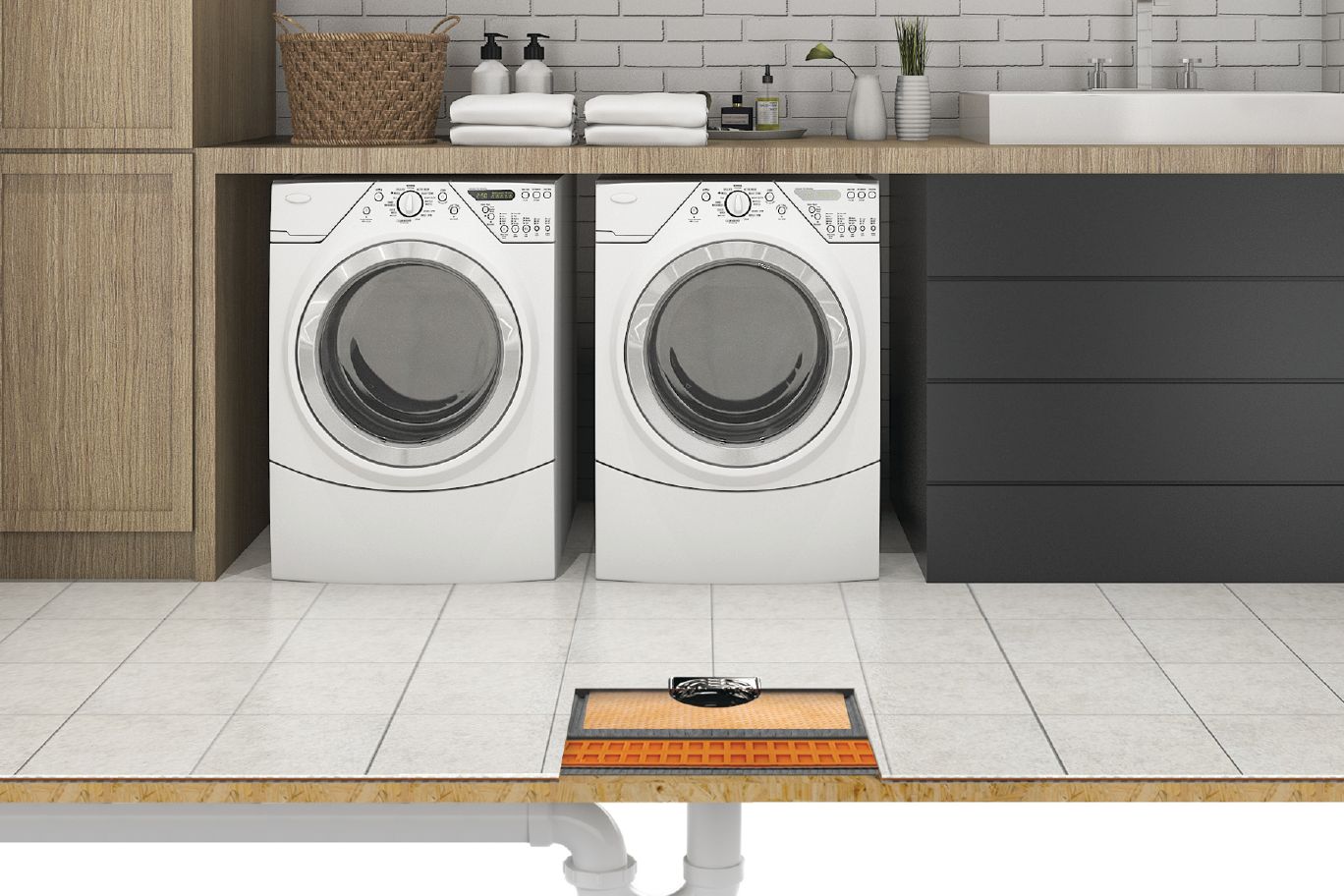
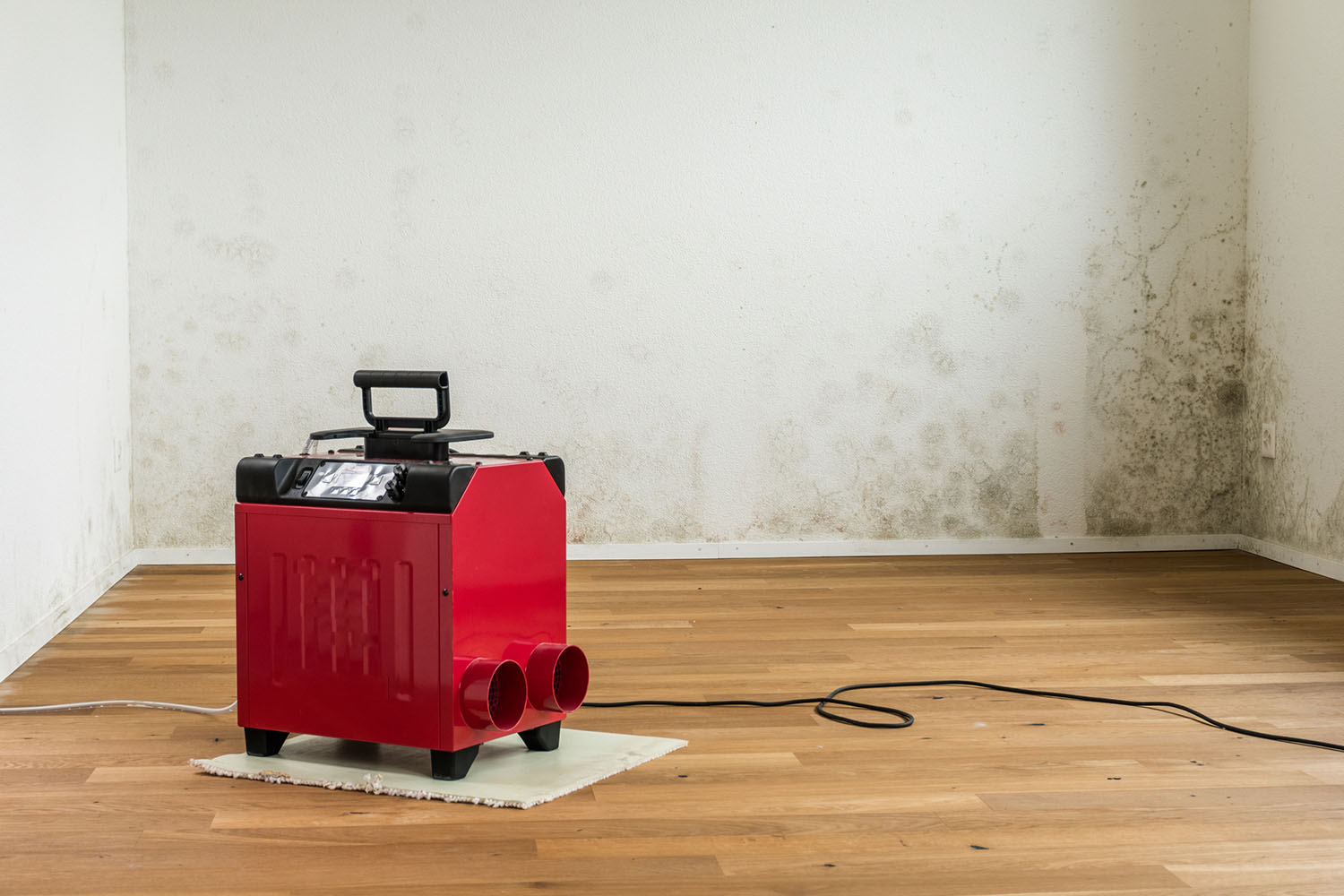
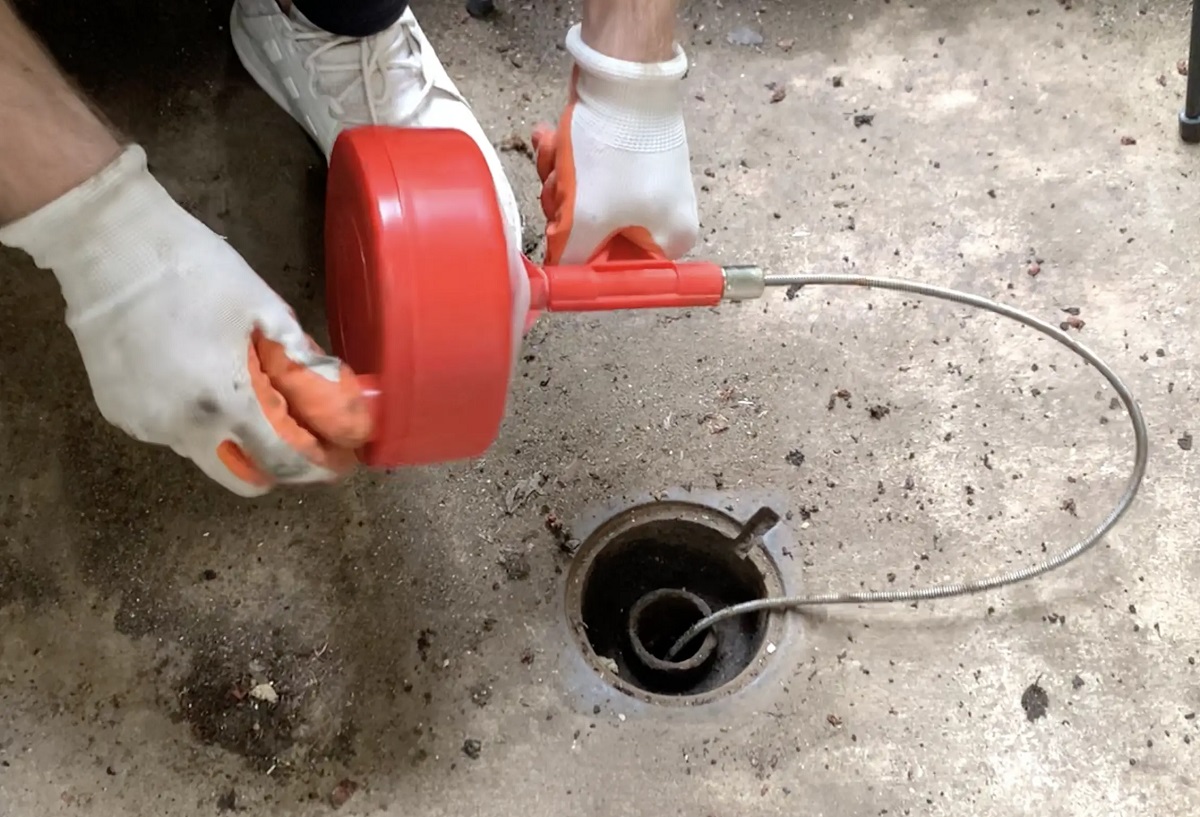
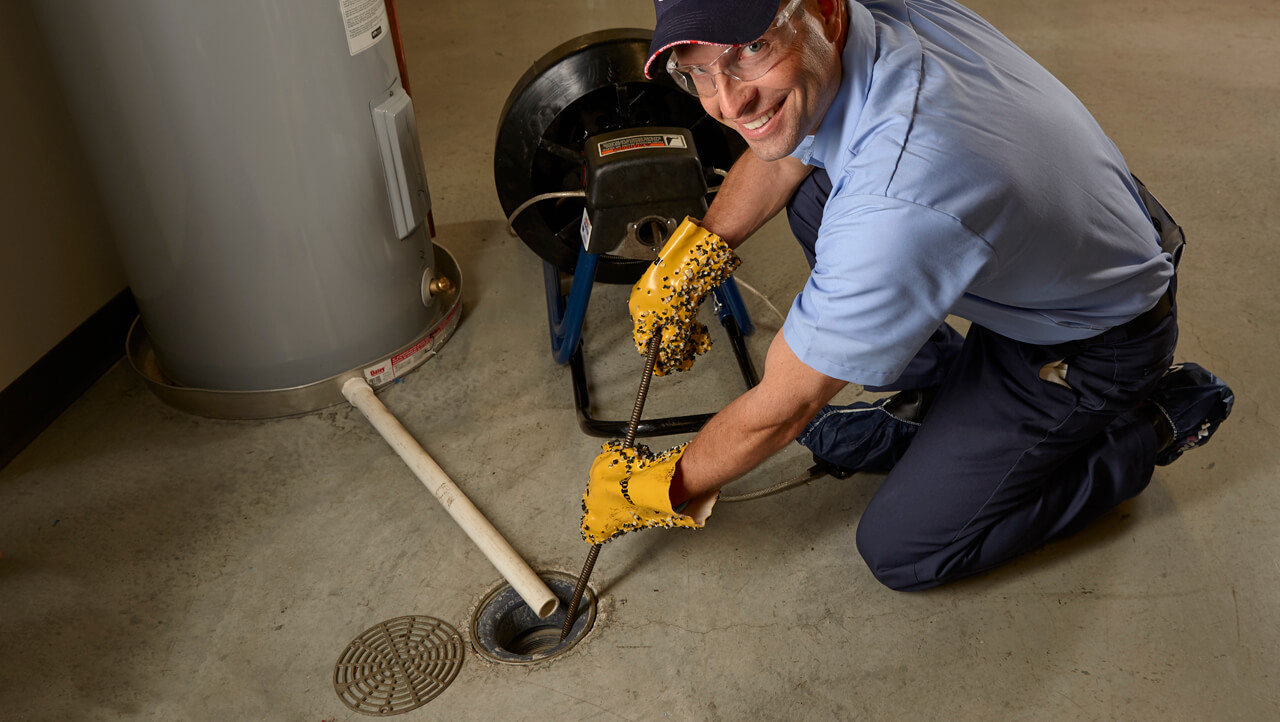
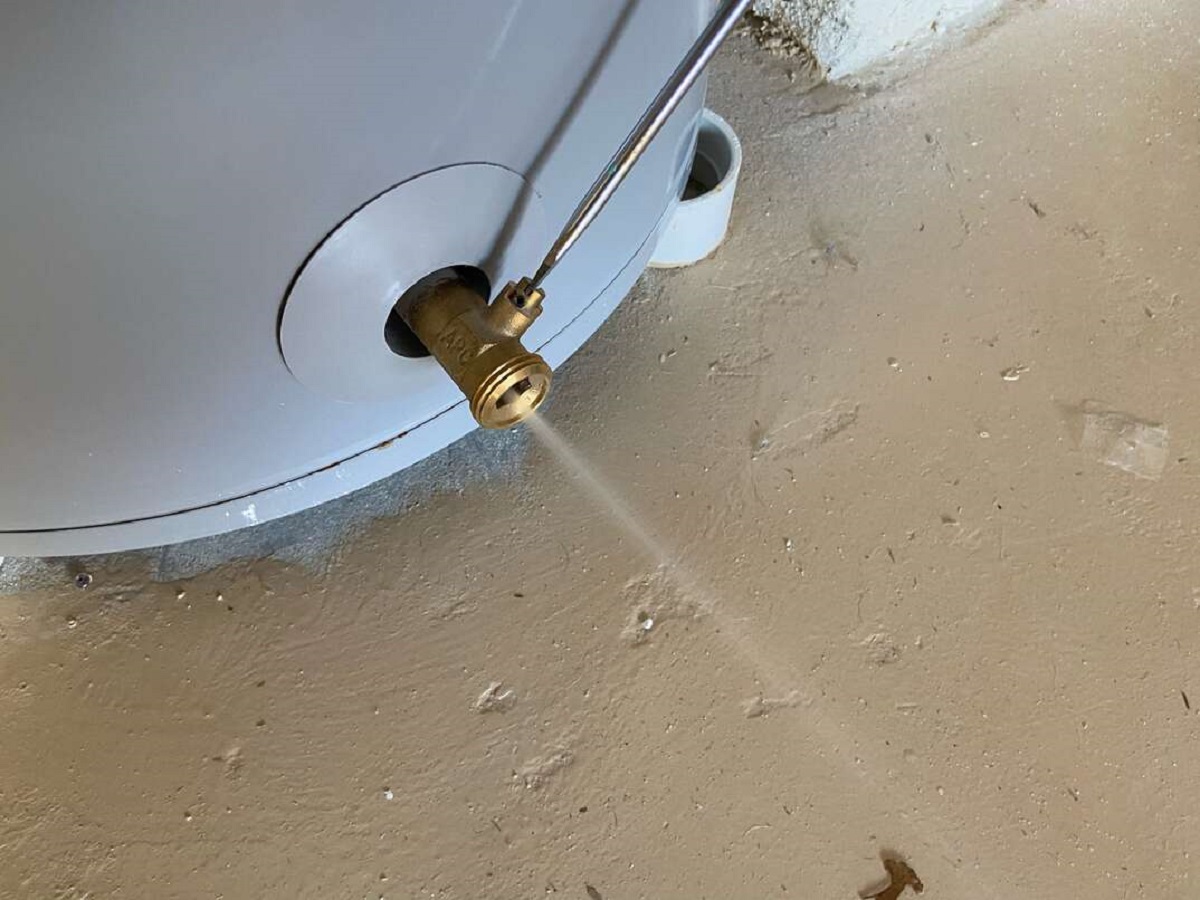
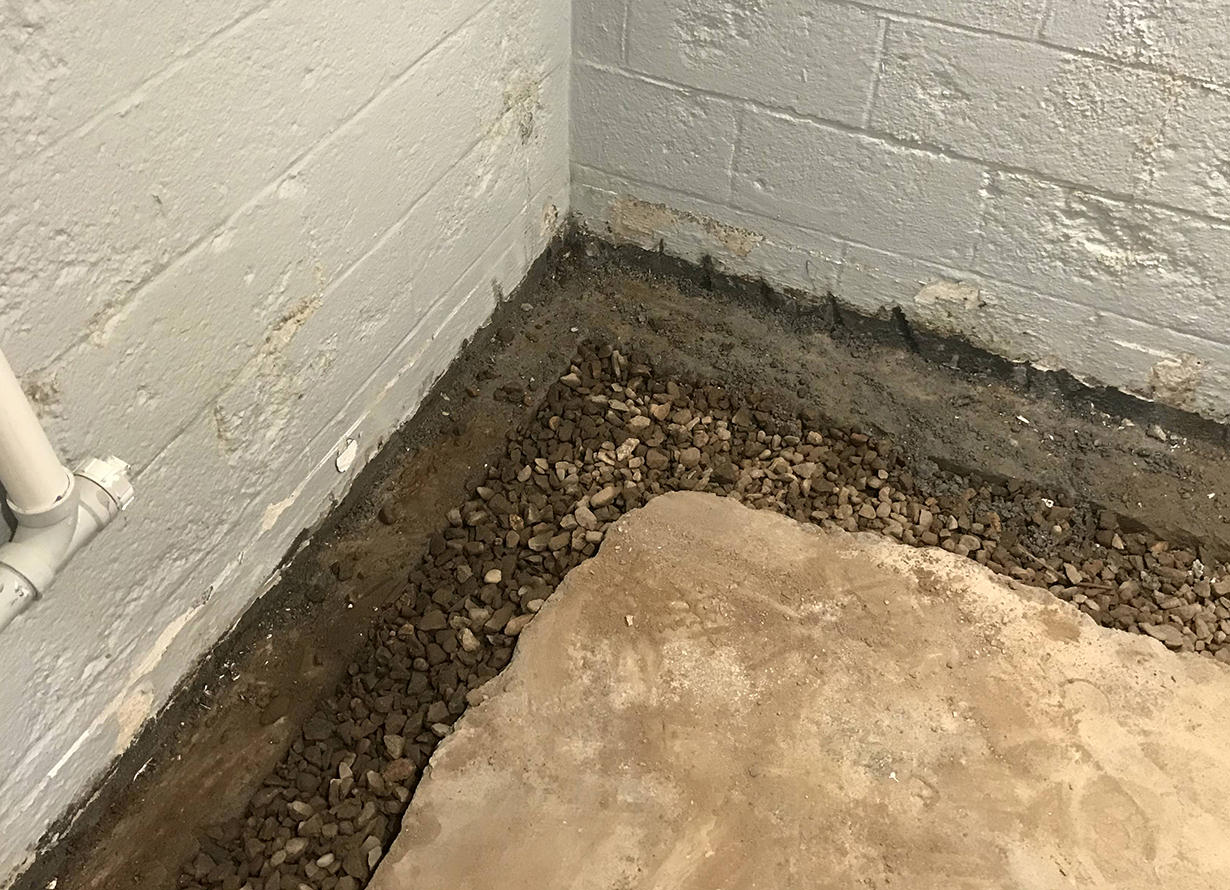
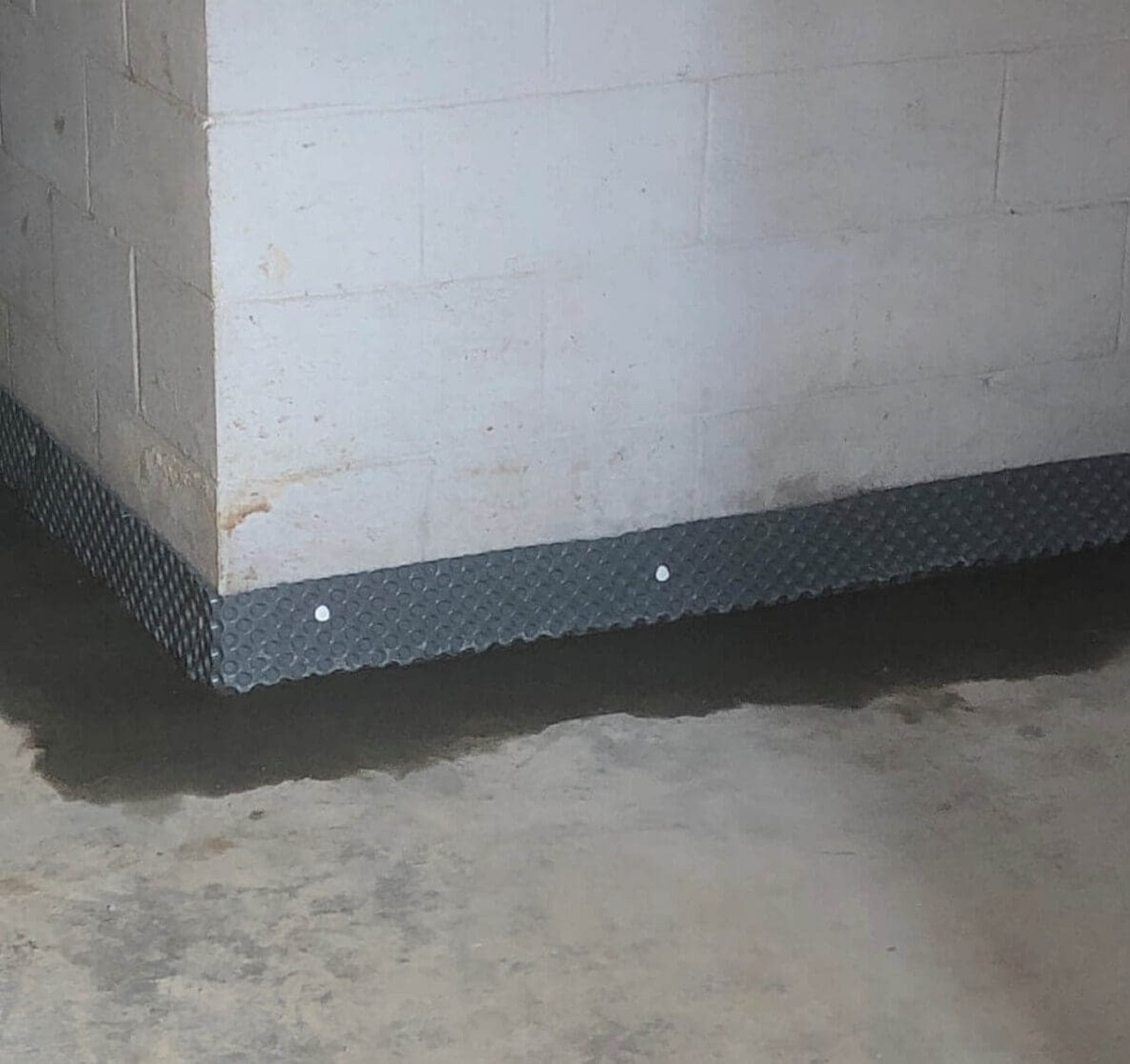
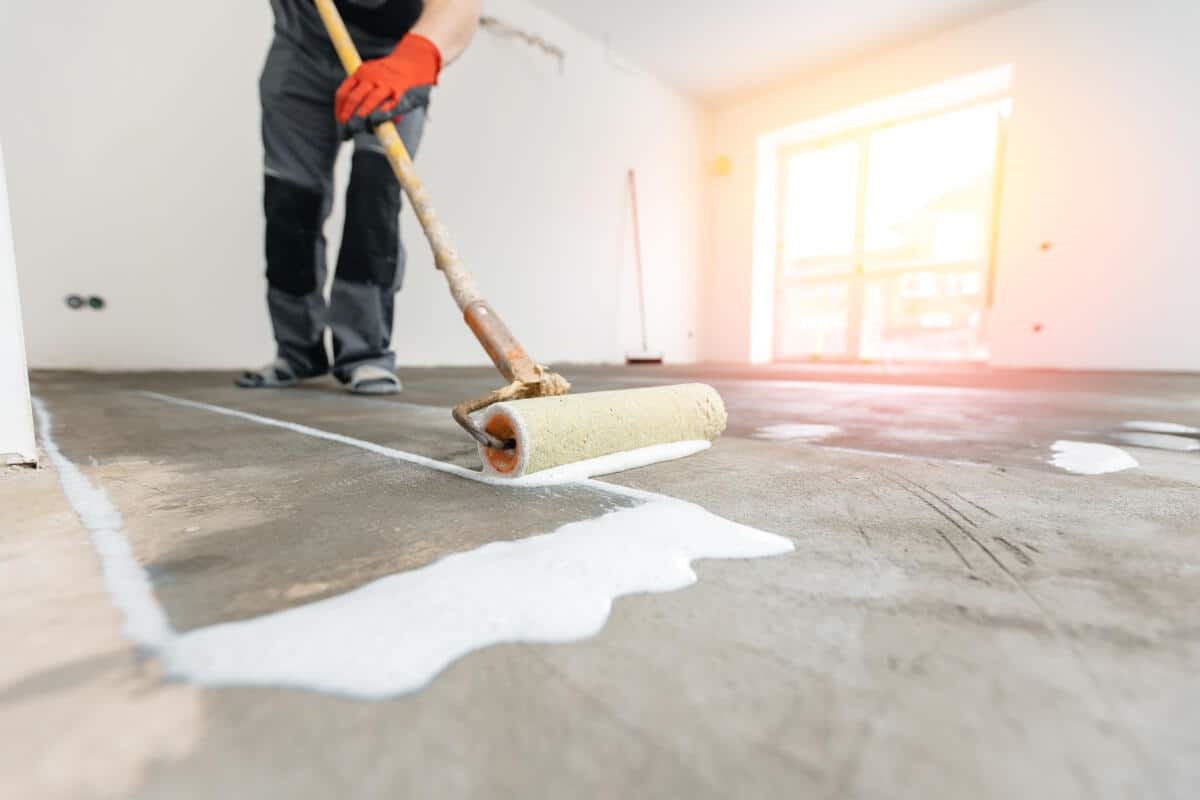

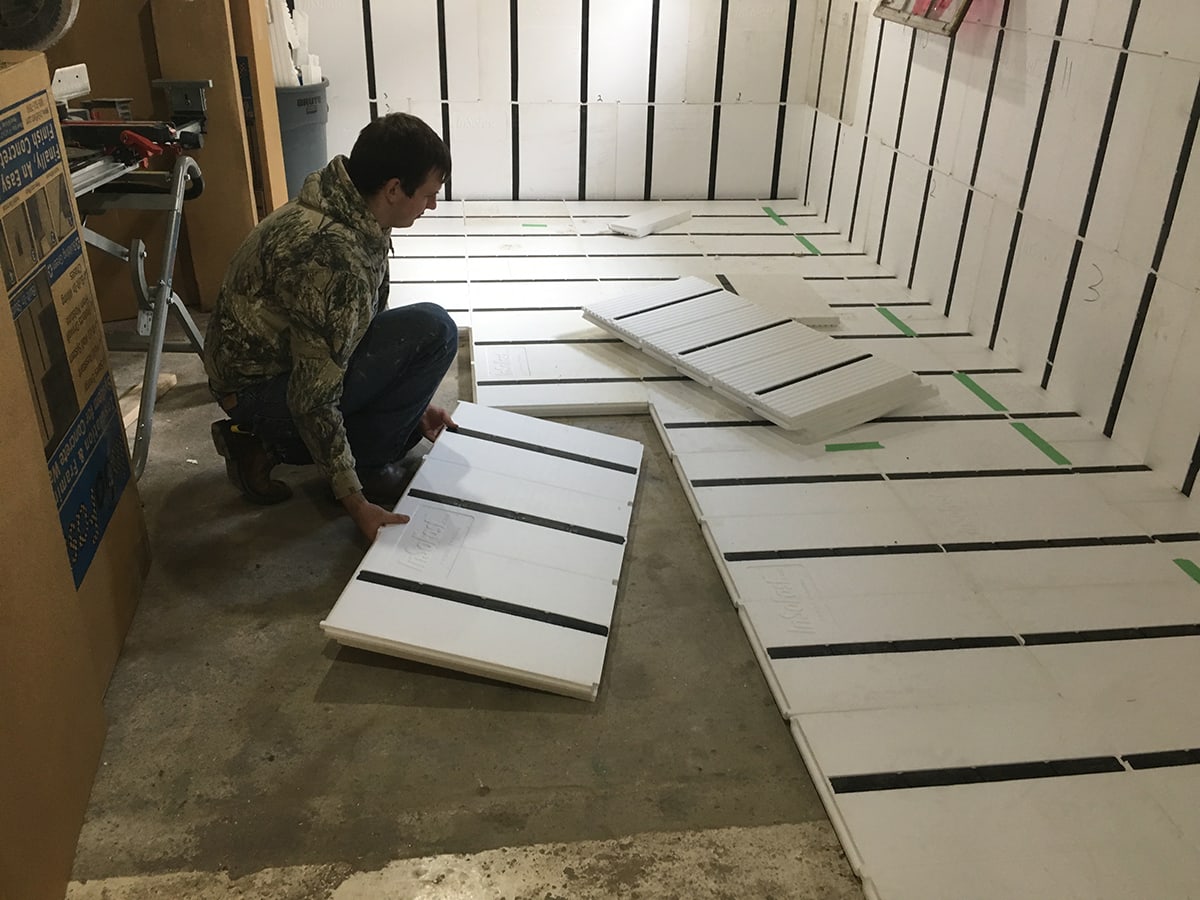

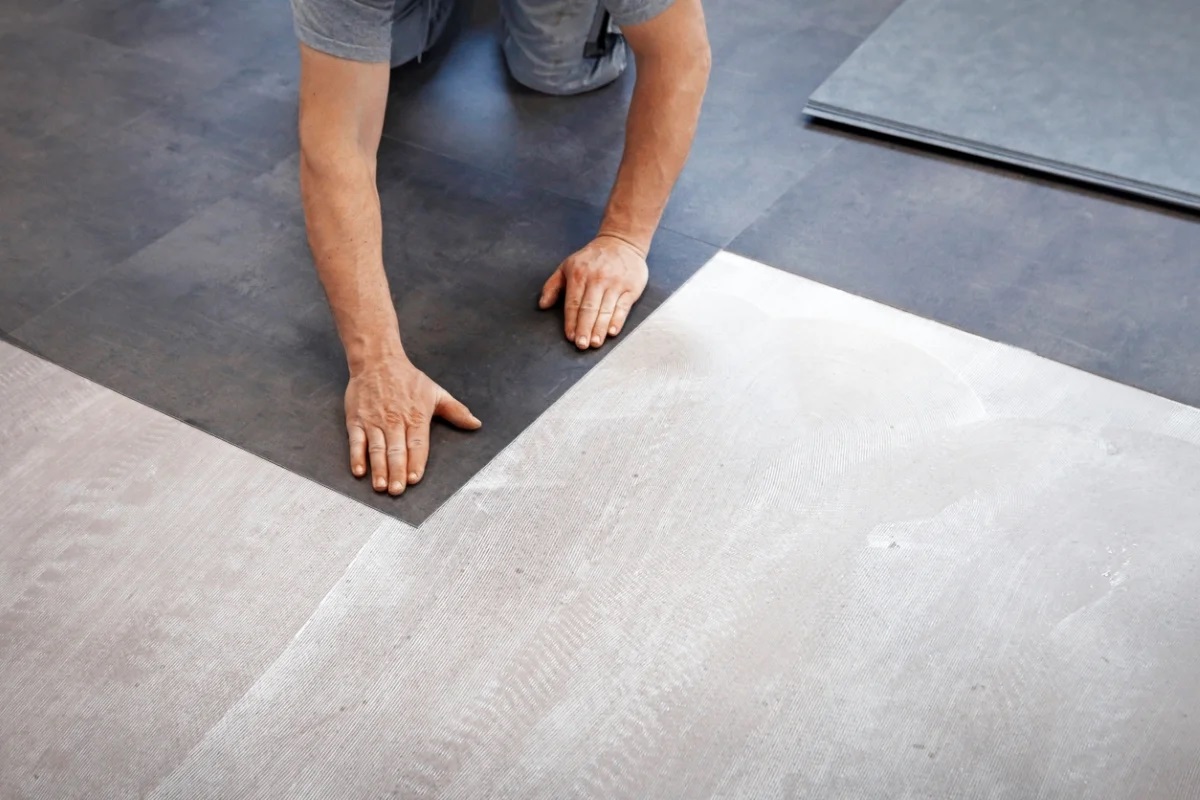
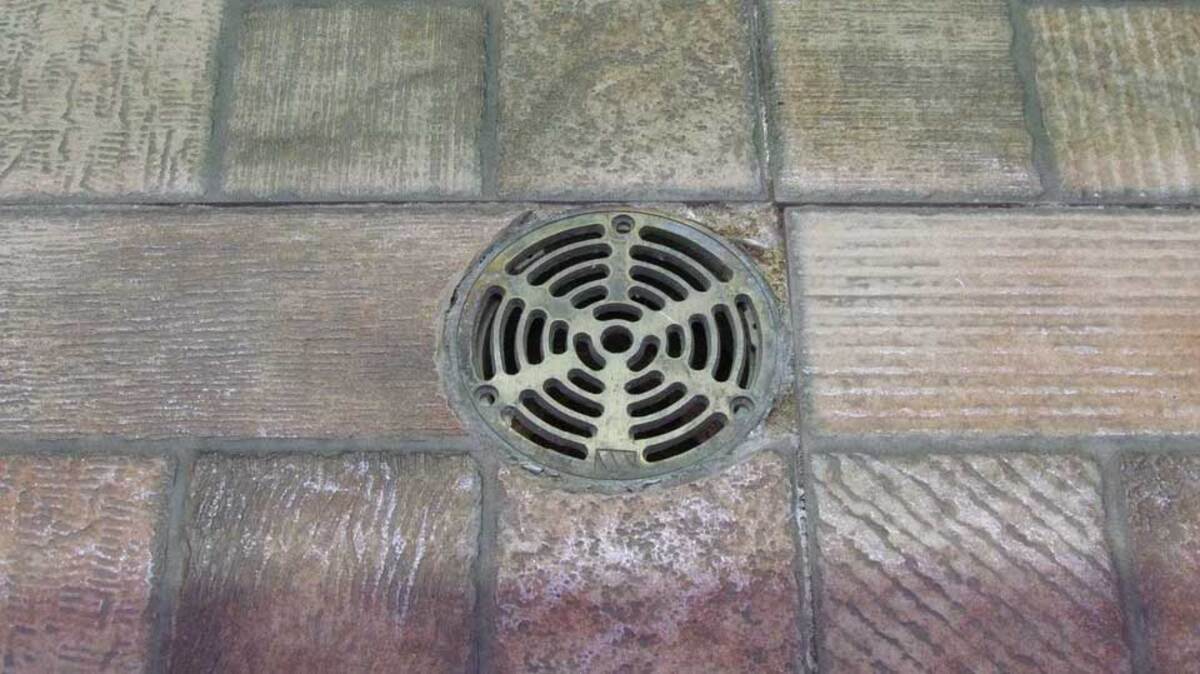
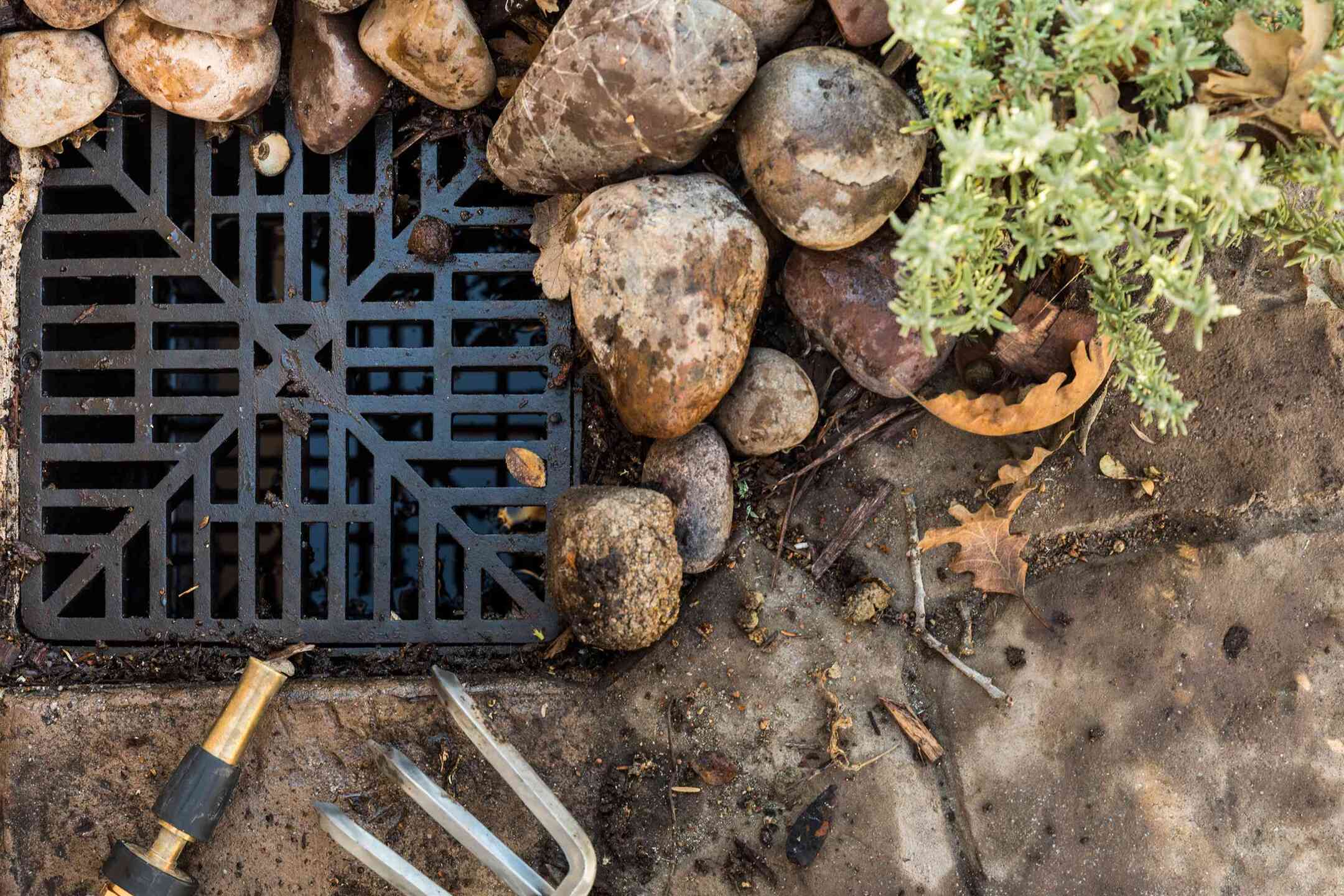

0 thoughts on “How To Clean Floor Drain In Basement”